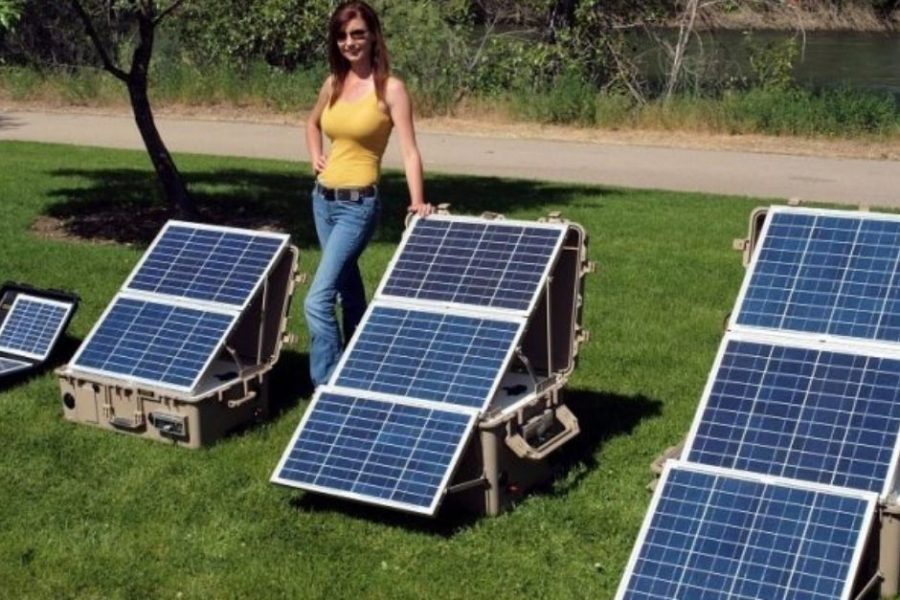The rising power costs from conventional sources make installing solar energy an intelligent choice for many homeowners. In most cases, installing a solar PV system on your roof would provide more life-long value than staying connected to your conventional utility. One benefit to solar is that adding PV panels typically increases a home’s worth.
It is worth noting that since the solar panels from SunPower are the most efficient that you can buy, there is less need for them on the roof, which allows for much higher power generation from less space. Unfortunately, space constraints mean you cannot fit an extensive solar panel system to produce enough savings in your electric bills. However, having limited space does not mean solar is not worth the effort if you donat has the ideal solar roof. Still, your installation might be a little trickier (and thus more expensive), and your solar exposure may be less direct (meaning potential lower savings).
Indirect solar exposure is often because the solar equipment and installation costs are more expensive where you live. Buying a solar system might not be worth the investment if you plan on moving soon. If you are inclined to pursue a solar energy option, you will likely see more significant savings by doing it sooner rather than later. To determine whether going solar is worth it, you should figure out your current electric rates against the potential savings.
Once you know what you can save, you can decide if solar panels help reduce your average monthly electric bills. Finally, we will compare that with the cost of solar ownership in a similar time frame so that you can decide whether or not solar panels are worth the investment over the long term. If you are moving in this time frame, you will be glad to hear solar increases the value of your home so that you will recoup part of the investment should you choose to put the house on the market. If you live in a region with a high energy use rate and an adequate solar rating, and you can afford to make an upfront investment, install solar panels in your home. At the same time, the federal residential tax credit is worthwhile for the sake of the environment and your wallet.
Tax credits and financing options can make going solar even more affordable. Another worthy step is researching the incentives and solar rebates available where you live–they could dramatically lower your net costs. Solar panels could help you save on energy bills over time to cover any upfront costs. Selling your home with solar energy could bring you back an even better return on your investment.
Even if solar costs are slightly more expensive than buying power from a utility, homeowners might want to install solar to avoid future potential fluctuations in their power costs. Or they might want to look past their financial motives and embrace solar power for green living. Under this kind of plan, the benefits of solar power systems can depend on home energy usage. In some areas prone to rates rising sharply with increased usage, larger homes (with more extensive energy needs) can be the biggest beneficiaries of solar panels to compensate for high-cost, marginal use.


